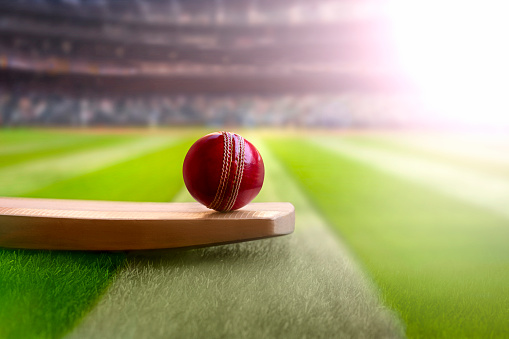Soft Signal No Longer Valid, Short Run Decision Can Be Overruled By Third Umpire
Delhi, Mar 31: A new rule has been announced by BCCI (Board of Control for Cricket in India). This rule banishes the entire concept of a soft signal. A soft signal was a very controversial rule in cricket and has been debated for a while.
A soft signal is when an umpire gives a solution in case there is no conclusive evidence to see the effect of the ball. Suppose the ball hits the rope/boundary. The umpire cannot see that far and thus does not know what the ball is, a six or a four. He gives a soft signal, which is what he thinks is correct. He then sends the decision upstairs to another umpire who reviews the footage of the ball and then, with conclusive evidence, states whether the ball is a six or four. Now, suppose even the umpire upstairs cannot come to a decision. Then, the umpire’s soft signal is the decision taken.
A mistake like this can cost a player the match. The same limitation can apply to a catch, in which the umpire didn’t see if the ball hit the ground first or it was a clean catch.
A recent example of the unfairness of this rule was in the fourth T20 between India and England. Suryakumar Yadav’s wicket was lost through Dawid Malan’s catch in the deep, off Sam Curran’s delivery, and while it wasn’t a clean take, the umpire upstairs (who reviews the footage), Virender Sharma, went with the on-field umpire’s ‘soft signal’, went with the on-field umpire’s ‘soft signal’, because of lack of evidence.
Another new rule that has been introduced is that the umpire upstairs, also called the third umpire, can now change the decision of a short run. In the last edition of IPL, the on-field umpire gave a controversial short run decision which caused the team to lose the match.
A short run is when a batsman does not place his bat inside the crease. This means that the run was not completed. Thus, the run is not awarded or given.
This news story has been written by Ishaan Kaila.

